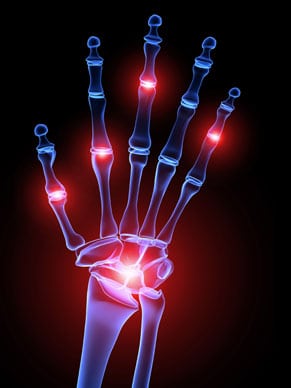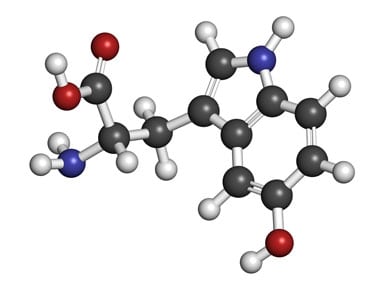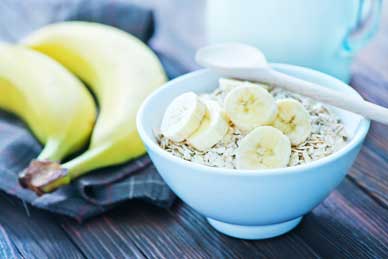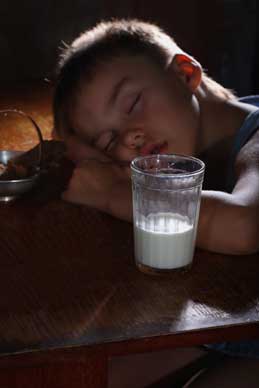Rheumatoid arthritis affects about 1.3 million Americans. While there are treatments that can slow the joint degeneration associated with this disease, modern medicine struggles to adequately treat it. This is especially true in the preclinical, aka early phase, when a great deal of permanent damage can occur. However, a new study examining 5-HTP and rheumatoid arthritis suggests that this supplement may protect against joint damage created by inflammatory immune cells before rheumatoid arthritis develops in full.
What Is Rheumatoid Arthritis?
 Rheumatoid arthritis is a condition that causes pain and inflammation in the joints. Unlike osteoarthritis, which is related to age and wear-and-tear, rheumatoid arthritis is caused by an autoimmune attack. The body perceives healthy joint tissue as a threat and attacks it with immune cells. This can lead to not just pain, but permanent damage to joints and permanent loss of mobility.
Rheumatoid arthritis is a condition that causes pain and inflammation in the joints. Unlike osteoarthritis, which is related to age and wear-and-tear, rheumatoid arthritis is caused by an autoimmune attack. The body perceives healthy joint tissue as a threat and attacks it with immune cells. This can lead to not just pain, but permanent damage to joints and permanent loss of mobility.
One of the key problems with rheumatoid arthritis is that it is difficult to diagnose. People often begin having vague symptoms that are not treated until they worsen. By the time most people get a diagnosis and treatment, their joints have already suffered irreparable damage. Doctors call this undefined phase the “preclinical phase.” Treating the preclinical phase of RA can make an immense difference in a person’s quality of life and future response to treatment.
5-HTP and Rheumatoid Arthritis
In a recent study, researchers induced an autoimmune reaction similar to rheumatoid arthritis in mouse cells. These cells were then treated with 5-HTP, a metabolite of tryptophan, an essential amino acid that must be obtained from the food we eat. When given 5-HTP, these cells exhibited decreased production of inflammatory immune cells that have been linked to the damage seen in rheumatoid arthritis. These cells also produced more serotonin and other hormones that play a key role in reducing pain.
This new link between 5-HTP and rheumatoid arthritis is especially important for people in the preclinical phase when T-cells and cytokines are actively attacking collagen and other joint tissues. Taking 5-HTP during the preclinical phase of rheumatoid arthritis may help protect against joint damage in the months before a firm diagnosis can be made and treatment can begin.
5-HTP: A Promising Supplement
 This is not the first time that 5-HTP has been shown to have positive effects relating to certain conditions that involve minor pain and discomfort. It has been helpful in the treatment of fibromyalgia in prior clinical trials, improving symptoms across the board. Because 5-HTP is a precursor to serotonin, researchers believed that its serotonergic effects were mainly responsible for the improvement. However, the new evidence of its effects on the immune system suggests a second mechanism for 5-HTP in the treatment of certain health conditions.
This is not the first time that 5-HTP has been shown to have positive effects relating to certain conditions that involve minor pain and discomfort. It has been helpful in the treatment of fibromyalgia in prior clinical trials, improving symptoms across the board. Because 5-HTP is a precursor to serotonin, researchers believed that its serotonergic effects were mainly responsible for the improvement. However, the new evidence of its effects on the immune system suggests a second mechanism for 5-HTP in the treatment of certain health conditions.
5-HTP is all-natural and made by the human body, although sometimes not in the amounts that are needed to help alleviate minor discomfort. With very few side effects and drug interactions, this amino acid offers hope for people who struggle to live with painful and debilitating conditions such as rheumatoid arthritis.


